Contact Us
Contact:
Laura Lannan
Program Coordinator, AU Honors
Anderson Hall, Room 103 on a map
AU Honors 4400 Massachusetts Avenue NW Washington, DC 20016 United StatesRobert Adcock Honors 395 Theories of Inquiry
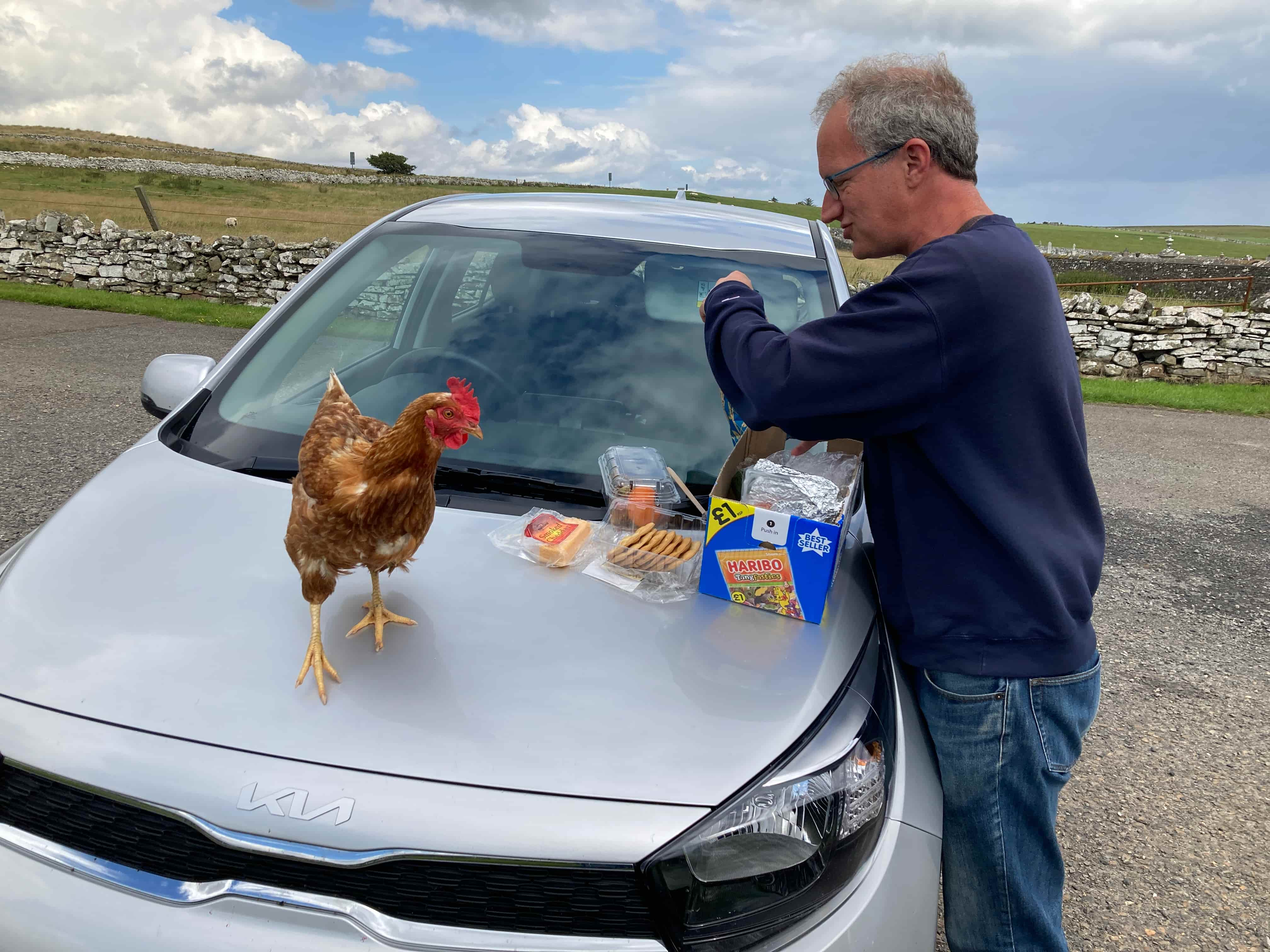
Pronouns: he/him/his
Additional positions/roles at AU: Senior Professorial Lecturer, School of International Service. I teach courses on research, historically-themed classes on various 19th and 20th topics and figures, and IR theory.
What’s your research passion and how did your curiosity lead to this? My research passion is the history of the social sciences, as seen through the lens of the politics and sociology of knowledge. As an undergraduate I strayed away from my initial chemistry major into studying political science. I was struck immediately by the different practices and heightened anxiety associated with "science" in my new major, and I have been trying to make sense of the strange things social scientists value, say, and do ever since.
What is your favorite part of the Honors program/curriculum? I look forward to figuring that out as I learn more about the program/curriculum.
Favorite spot on campus: SIS 355 - great classroom, great view over AU's quad.
Favorite place in DC: Historic Congressional Cemetery
Omekongo Dibinga Complex Problems: Global Hip-Hop and Resistance
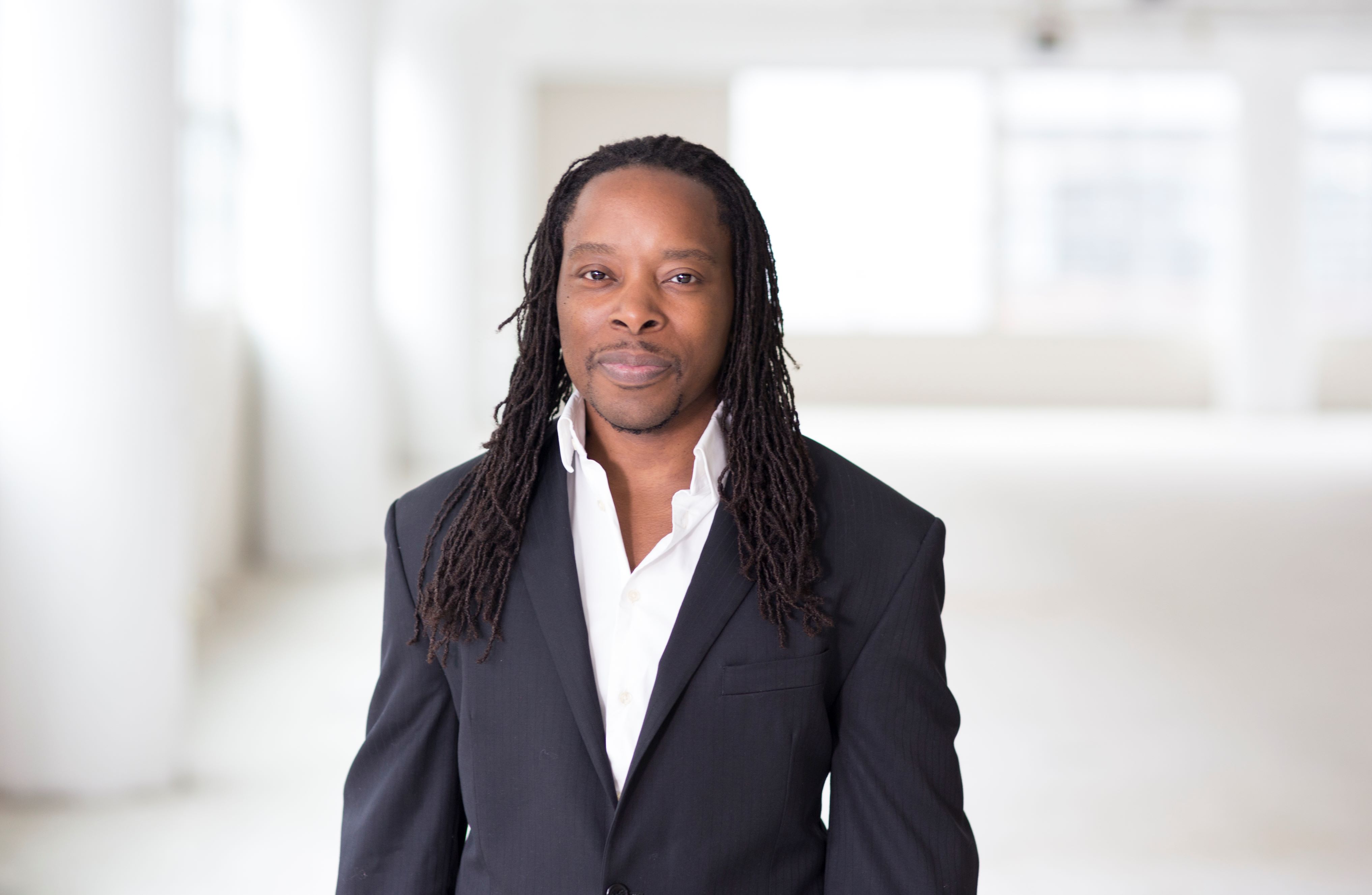
Pronouns: He/Him/His
Additional positions/roles at AU: Faculty affiliate to the anti-racism resarch center
What’s your research passion and how did your curiosity lead to this? My passion is building intercultural dialog. My work focuses on what we all can do to create communities where we can all be celebrated and not tolerated! This passion leads my work in teaching classes such as Cultural Appropriation or Appreciation, Intercultural Communication, as well as Global Hip-Hop & Resistance
What is your favorite part of the Honors program/curriculum? I really enjoy working with Honors students on their small group projects!
Favorite spot on campus: My favorite spot is in my office meeting with students. I love hearing students go deeper on thir passions and I love sharing any advice I can to aid them on their journey!
Favorite place in DC: DRIP'T Studios (www.bikramyogaworks.com)
Lindsey Green-Simms Complex Prolems: Decolonizing Knowledge?
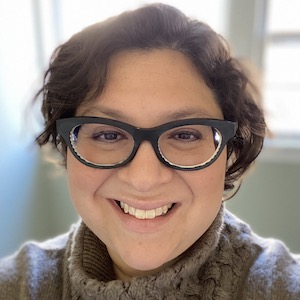
Pronouns: she/her/hers
Additional positions/roles at AU: Director of Undergraduate Studies, Department of Literature
What’s your research passion and how did your curiosity lead to this?: I write on African films and novels (and occasionally a music video or photography collection) and this all started back when I was an undergrad and took a French class where we read Francophone West African novels focusing on race, gender, and sexuality. I had been studying French but hadn't thought much about French-speakers outside of France and so that looked like a cool course. After that class, I decided to study abroad in Cameroon, which really piqued my interest in the connections between art, culture, gender, development, modernity, etc. When I was in graduate school, I found a class on African Film and started to notice in the films something that I'd noticed in Cameroon - people talk about cars (fancy cars, broken-down cars, old cars, new cars, etc) quite a bit and in ways that were really different than in the U.S. That led to my dissertation and then to my first book on car culture in West Africa. When I was doing research for that project and watching A LOT of African films, in particular Nollywood films from Nigeria, I stumbled upon a whole lot of popular films that had queer subplots, which was strange to me because from what I'd learned homosexuality was a really taboo topic that pretty much didn't get addressed in popular culture. No one was writing or talking about these films, so I wrote an article and then another and then another and then at some point realized I was writing another book, this one on queer African cinemas. So both of my books really just began with an observation and then grew into their own beings.
What is your favorite part of the Honors program/curriculum? I love the students who come from so many different places and have so many of their own wonderful observations about the world.
Favorite spot on campus: The quad - because I just really love running into students and friends.
Favorite place in DC: A tie between Politics and Prose bookstore and Rock Creek Park. (Perhaps best to combine them and buy a book at Politics and Prose and then find a quiet spot to read it in the Park)
Patrick Thaddeus Jackson HNRS-395 Theories of Inquiry
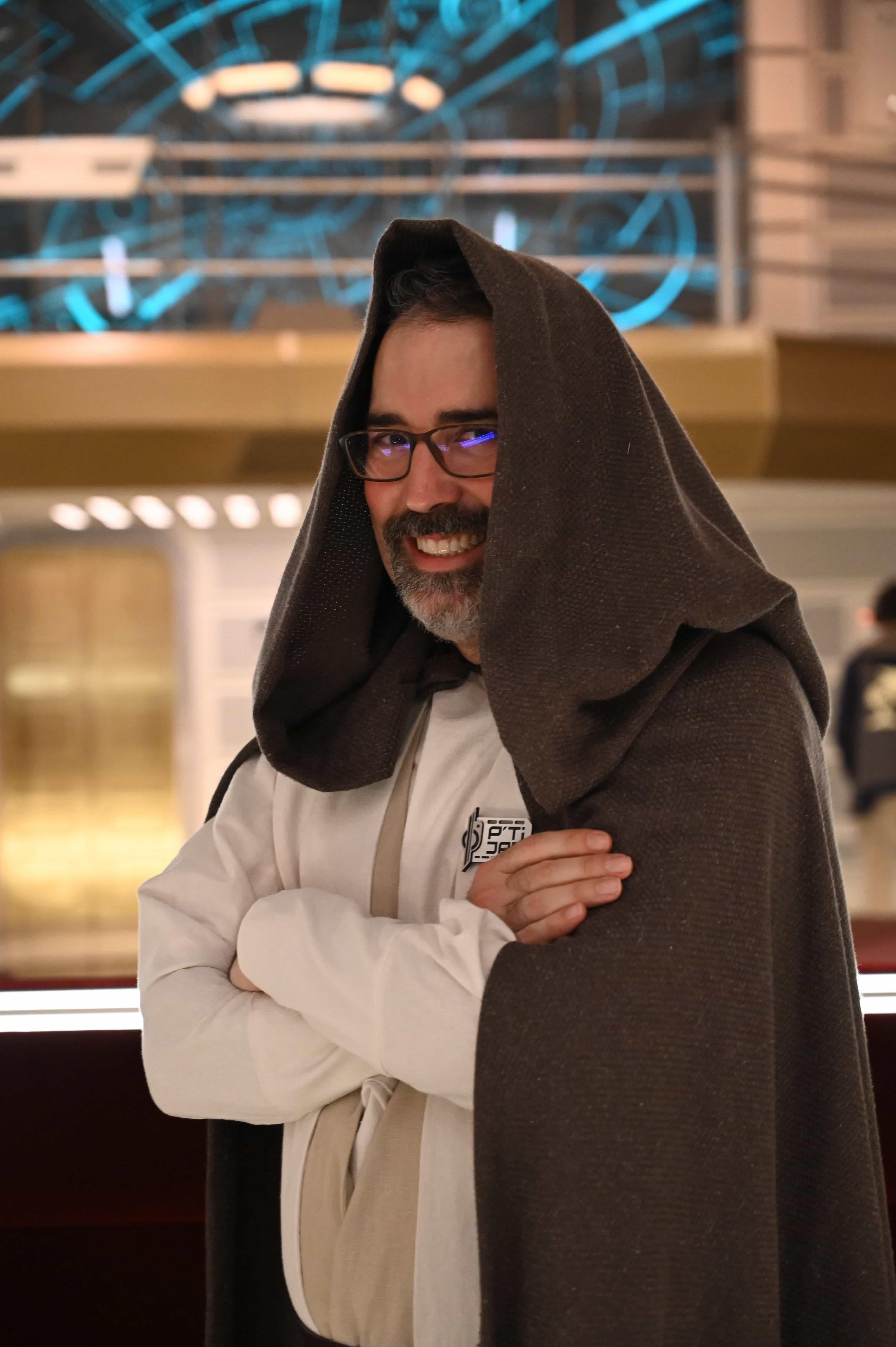
Pronouns: he/him
Additional positions/roles at AU: Director of AU Honors! I’m also a Professor of International Studies in SIS, and I used to be Associate Dean in SIS as well.
What’s your research passion and how did your curiosity lead to this? I have always been curious about the sense that people, including me, make of their lives, and in the kinds of shared cultural resources that we all use in doing so — some of those are widely shared, some not as widely, some are repressed by official narratives, some are even resurrected years after after their apparent demise. “Puzzled” might be an even better word here, since a lot of what people (including me) find meaningful is pretty puzzling if you look at it from the outside! This curiosity has led to a number of my intellectual interests: personal and group identity; narratives and stories; what it means to know something; rhetoric and social action; how we envision our collective future. I’ve done work on the idea of 'the West', the philosophy of (social) science with an emphasis on how different practical understandings of our hook-up to the world generate different ways of producing knowledge, and the relationship between pop-cultural artifacts (mainly novels and films/television shows) and their political and social contexts. At the moment I am working on a book about the “disenchantment” of the contemporary world and its consequences for how we understand ourselves and our future.
What is your favorite part of the Honors program/curriculum? Theories of Inquiry. Allowing students the opportunity to explore different ways of framing a research project, and working with them to discipline passion into a proposal, is an incredibly rewarding experience. And the fact that in Theories of Inquiry we span a very wide methodological span — wider than one would get in any single department or school — makes things even more dynamic.
Favorite spot on campus: Davenport Coffee Lounge in SIS, particularly the outside tables.
Favorite place in DC: either the Air and Space Museum or the National Museum of African American History and Culture. And I can be found at Nationals Park pretty frequently, despite the team’s awful performance lately.
Mohamed Nimer Complex Problems: Religion and World Politic
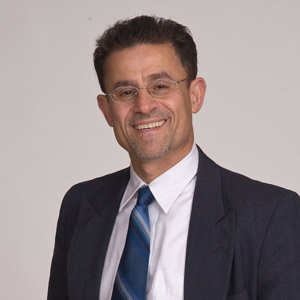
Additional positions/roles at AU: He has been a professor at American University since 2008, teaching International Affairs and Research Methods courses. He has taught the Complex Problems course Religion and World Politics since 2018 and has served as a member of the Complex Problems Committee
What’s your research passion and how did your curiosity lead to this?: Professor Nimer uses quntitative methods to study international development and the Middle East. He has worked in different research capacities that allowed him to develop databases, commission surveys and present research findings in specialized public forums. He has traveled to Kuwait, Egypt, Jordan, Lebanon, Pakistan, and Turkey to conduct field research on Middle East politics and development.
What is your favorite part of the Honors program/curriculum?: The interdisciplinary approach to inquiry
Favorite spot on campus: Kay Spiritual Life Center
Favorite place in DC: The US Botanic Garden
Kendra Salois HNRS-395 Theories of Inquiry
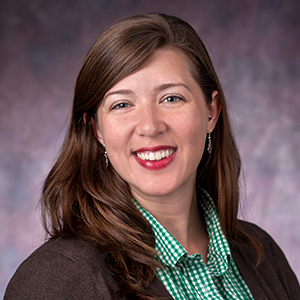
Pronouns: she/hers
Additional positions/roles at AU: assistant professor of ethnomusicology, Music Program, Department of Performing Arts
What’s your research passion and how did your curiosity lead to this?: The questions that animate my research include: how do musicians make a living during times of sweeping socio-economic change, and how does that affect their music? How does popular music performance come to mean so many contradictory, but equally important, things to the diverse citizens of a nation? And how do states like the US use popular music in their cultural diplomacy efforts abroad? As an ethnomusicologist, I combine ethnographic research, musical participation and analysis, critical reading, and methods like oral history to collect the data from which I construct arguments around these questions. Most of my research focuses on North Africa, especially Morocco. I discovered ethnomusicology as an undergraduate music major and was thrilled to learn it combined all of my favorite parts of my college education, plus world travel!
What is your favorite part of the Honors program/curriculum?: I think the opportunity to build projects and friendships with your talented Honors classmates is one of the best parts of the program. As an instructor, my favorite part is watching students learn to support and challenge each other as we all refine our ideas.
Favorite spot on campus: the picture window looking onto the Quad from the top floor of Bender Library
Favorite place in DC: That's tough! The National Museum of African-American History and Culture, the DC Arboretum, and my favorite bagel shop are all tied!
Cathy Schaeff Complex Problems: Desire, what's love got to do with it?
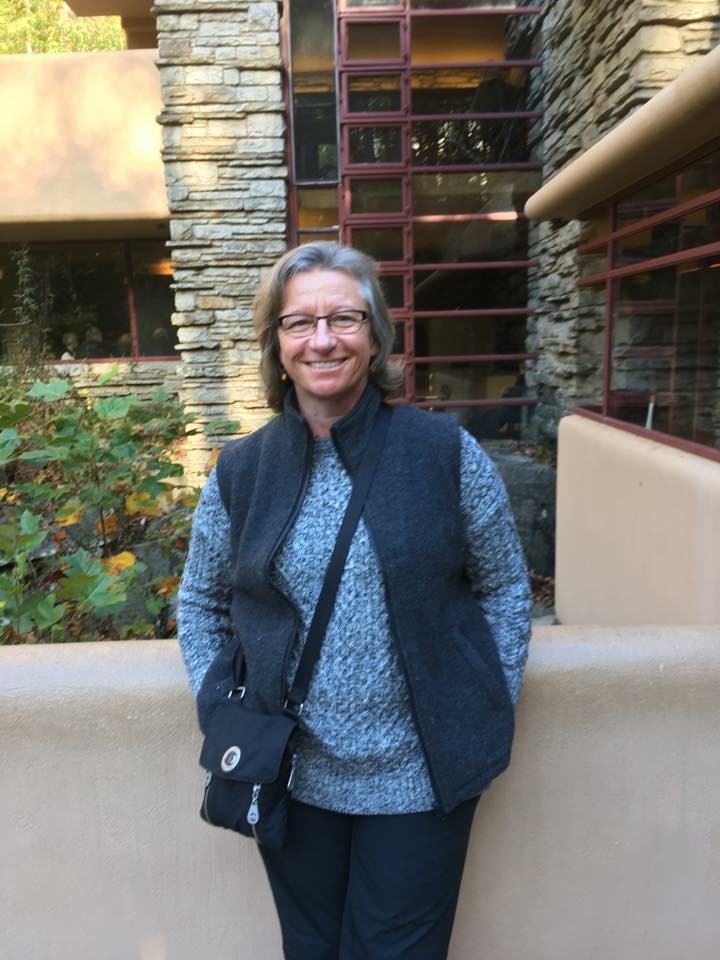
Additional positions/roles at AU: Associate Professor in Department of Biology
What’s your research passion and how did your curiosity lead to this? Several passions… one is researching identity from an evolutionary framework. Why do we need to express our identity to feel healthy and whole? How is our identity embodied, connect to our and expressed through sense of our body? Currently looking at the experience of trans and asexual individuals.
What is your favorite part of the Honors program/curriculum? They are all interesting but the culminating challenge course is very cool.
Favorite spot on campus: Sitting by the beautiful willow tree that is across from the Hall of Science.
Favorite place in DC: Women’s Art Museum if there is an interesting exhibit (I saw one on the art of Burning Man that was fabuous!)
Nancy Snider Complex Problems: Decolonizing the Mind Through Music
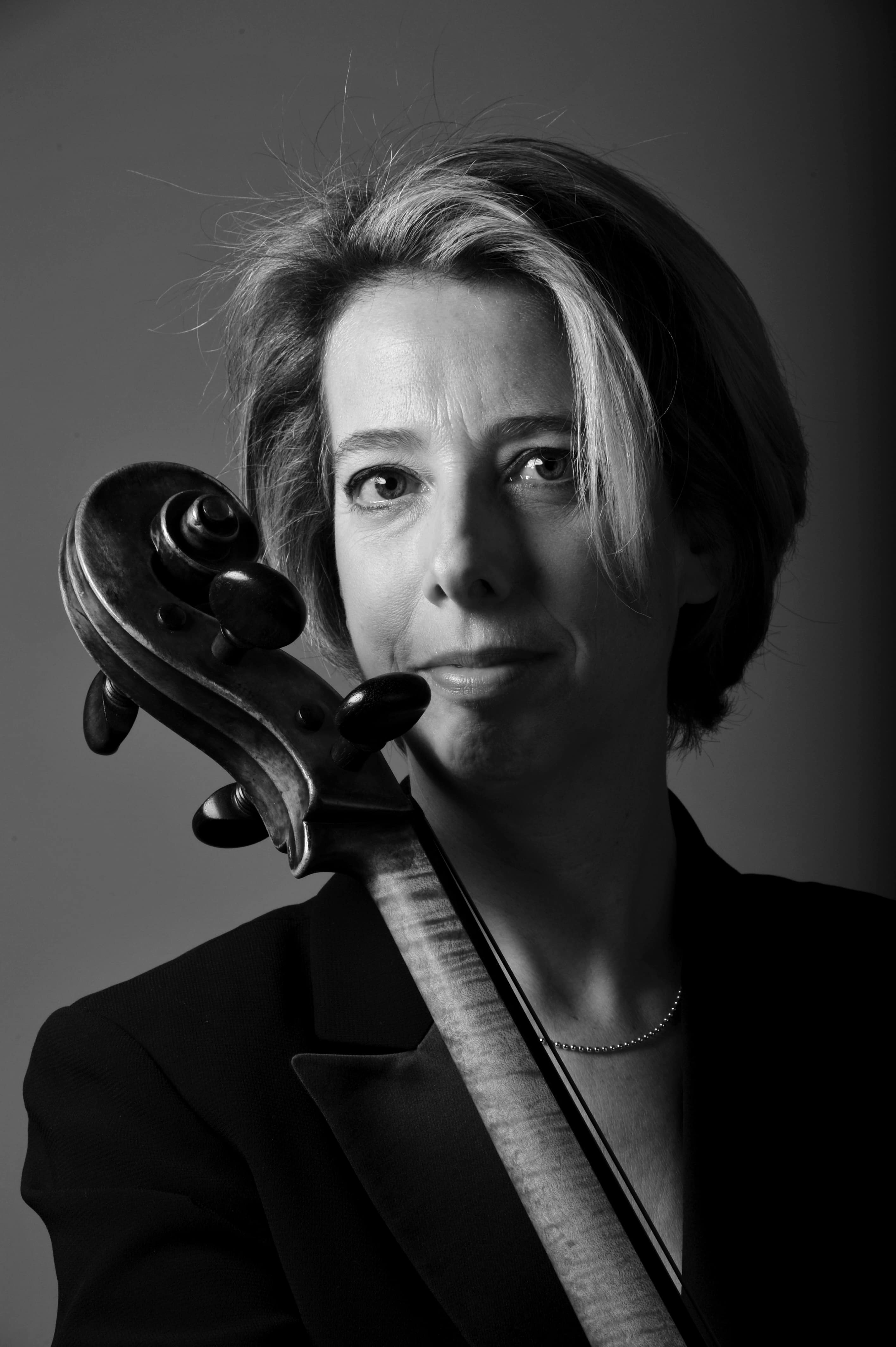
Pronouns: She/Her
Additional positions/roles at AU: Applied Music, Director
What’s your research passion and how did your curiosity lead to this? Music. That says it all!
What is your favorite part of the Honors program/curriculum? Being in a community of people who love ideas and learning
Favorite spot on campus: DAV
Favorite place in DC: Wherever I am playing my ‘cello
Scott Talan HNRS-395: Theoires of Inquiry
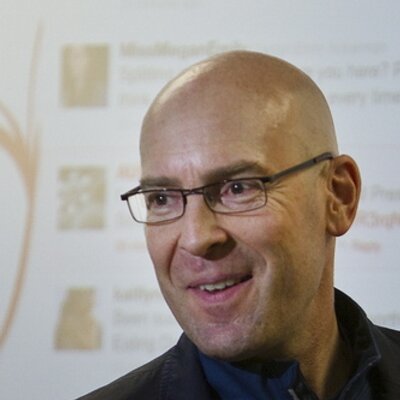
Pronouns: Me. We - From Muhammad Ali's Harvard Commencement
Additional positions/roles at AU: I was the Faculty in Residence living in Anderson Hall for seven years.
What’s your research passion and how did your curiosity lead to this? Anything with media, technology and communication. (I've always been a big fan of QR codes!)
What is your favorite part of the Honors program/curriculum? I'm honored to be teaching on the Honors program. Truly.
Favorite spot on campus: The Bridge Café or the Dav (also the McKinley rooftop!)
Favorite place in DC: The Kennedy Center
Alexandria Wilson-McDonald HNRS-395: Theoires of Inquiry
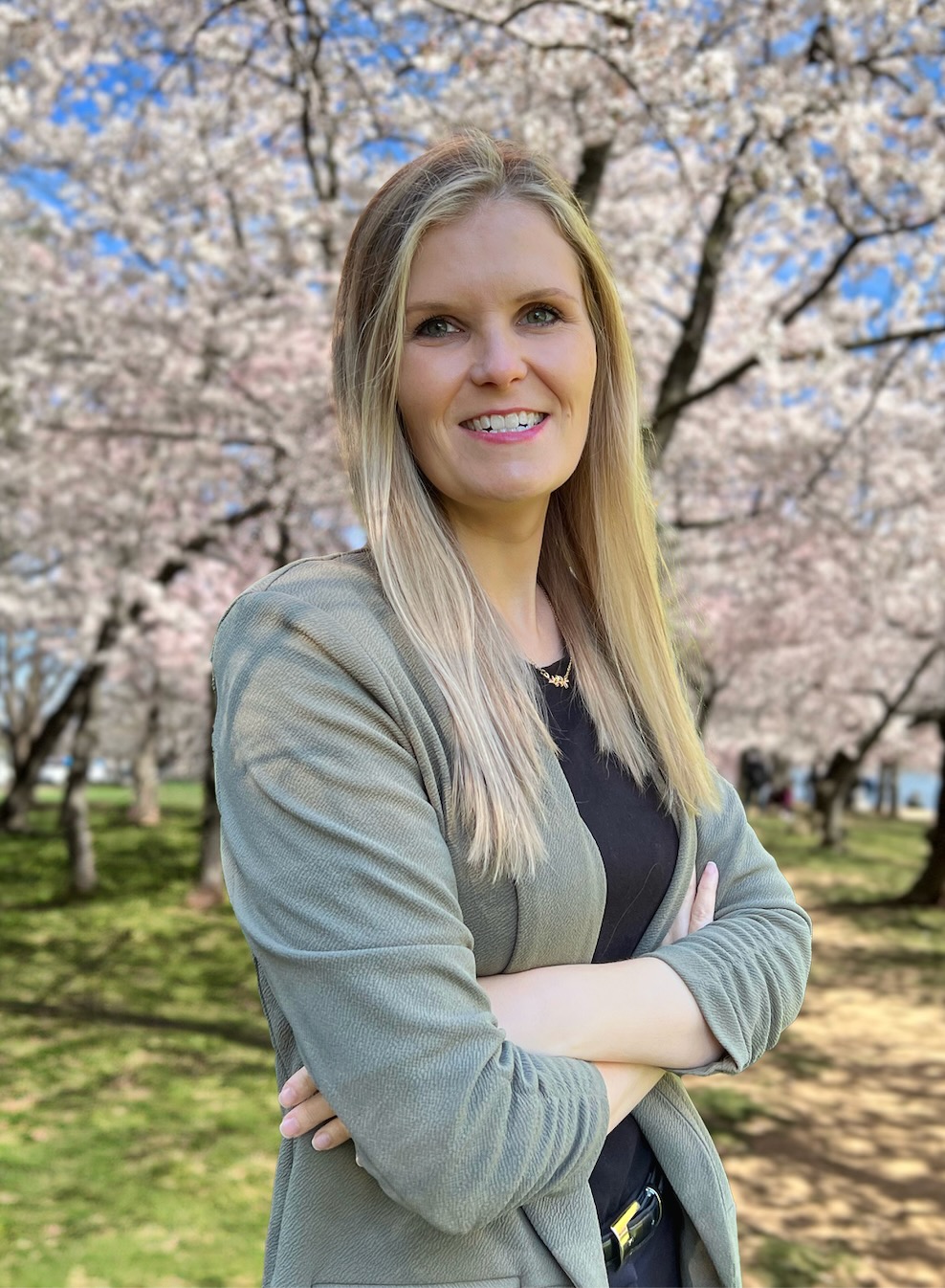
Pronouns: she/her
Additional positions/roles at AU: I am a professorial lecturer at the School of International Service, where I teach courses in comparative politics, research methods, gender and politics, and European politics. I am also the co-chair of the Gender & Sexuality Faculty Research Cluster in SIS and the faculty coordinator of the student blog for the Transatlantic Policy Center at AU.
What’s your research passion and how did your curiosity lead to this? My research passion stems from my interest in understanding how culture, history, and language inform how people interact with each other and the structures around them. Specifically, I am interested in the explicit and implicit use of gender norms to inform politics. In particular, my research focuses on the region of Central Eastern Europe, where I have conducted extensive fieldwork, and I am interested in how feminist movements resist gender norms through their activism and, in the current era, use this to resist rising authoritarianism and anti-democratic policies. As an interdisciplinary scholar and teacher with a background in political science, public policy, gender studies, and European studies, my research draws on a wide range of scholarship, and this requires using a diversity of tools to answer my research questions. The questions that currently animate my research include: How do anti-democratic actors draw on gendered discourses to inform their movement and the policies they put forth? How do feminist activists frame their messages in hostile environments? How do the history of gender relations, gender norms, and gendered discourses in various contexts inform activists' framing efforts?
What is your favorite part of the Honors program/curriculum? The courses' interdisciplinary nature and the opportunity for students to engage with complex ideas that require thinking across disciplines.
Favorite spot on campus: The Quad
Favorite place in DC: Rock Creek Park Hiking Trails
